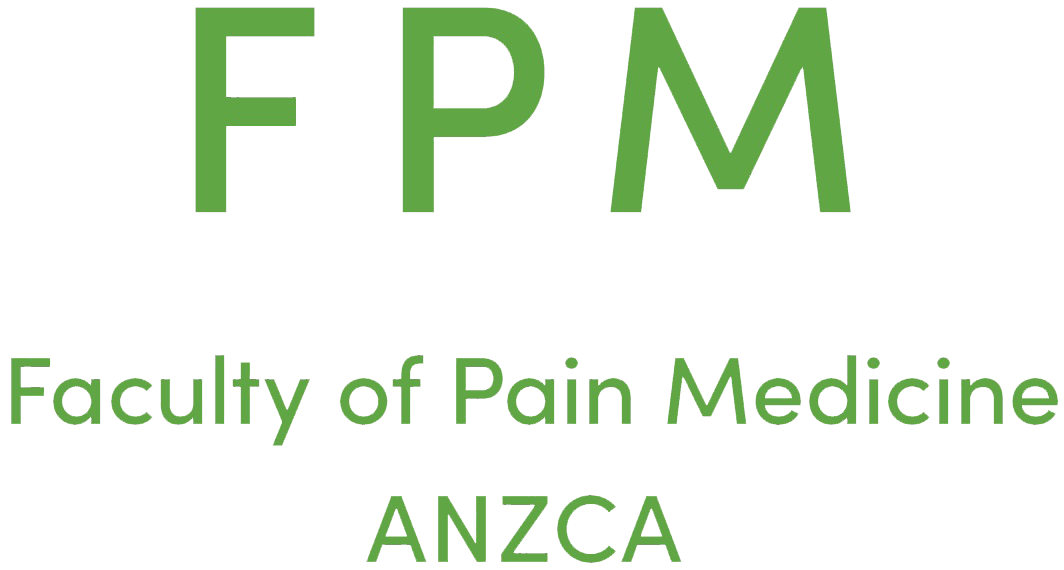Content authors
Dr Rupert Backhouse
General Practitioner, Murray Medical Centre Mandurah, WA
Associate Professor Roger Goucke, FANZCA, FFPMANZCA
Clinical Associate Professor, School of Medicine and Pharmacology, University of Western Australia
Consultant, Department of Pain Management, Sir Charles Gairdner Hospital, WA.
Professor Stephan Schug, FANZCA, FFPMANZCA
Chair of Anaesthesiology
Pharmacology, Pharmacy and Anaesthesiology Unit
School of Medicine and Pharmacology
University of Western Australia
Director of Pain Medicine, Royal Perth Hospital, WA.
Activity authors
Sue Markham, BAppSci, NSW.
Raquel Newman BVSc, MANZCVSc (emergency and critical care) Vic.
Learning objectives
On completing this activity participants should be able to:
- Understand initiation and monitoring of opioid treatment within required regulations and according to accepted guidelines.
- Outline the difference between addiction, dependence and tolerance.
- Screen all patients for risk factors for addiction as part of usual practice before recommending prescription of an opioid.
- Complete a patient/carer opioid agreement, especially if the patient indicates a high addiction risk.
- Monitor all patients carefully when prescribed opioids, particularly those at risk of addiction.
- Identify opioid-induced hyperalgesia.

Develop clearer decision-making in opioids prescribing for those with non-malignant chronic pain. Learn best practice pain management techniques for clinically-responsible patient outcomes, whilst reducing opioid dependence and harm. FPM pain specialists show how to use non-pharmacological therapies, optimising opioid treatment plans. $35.00 + GST




